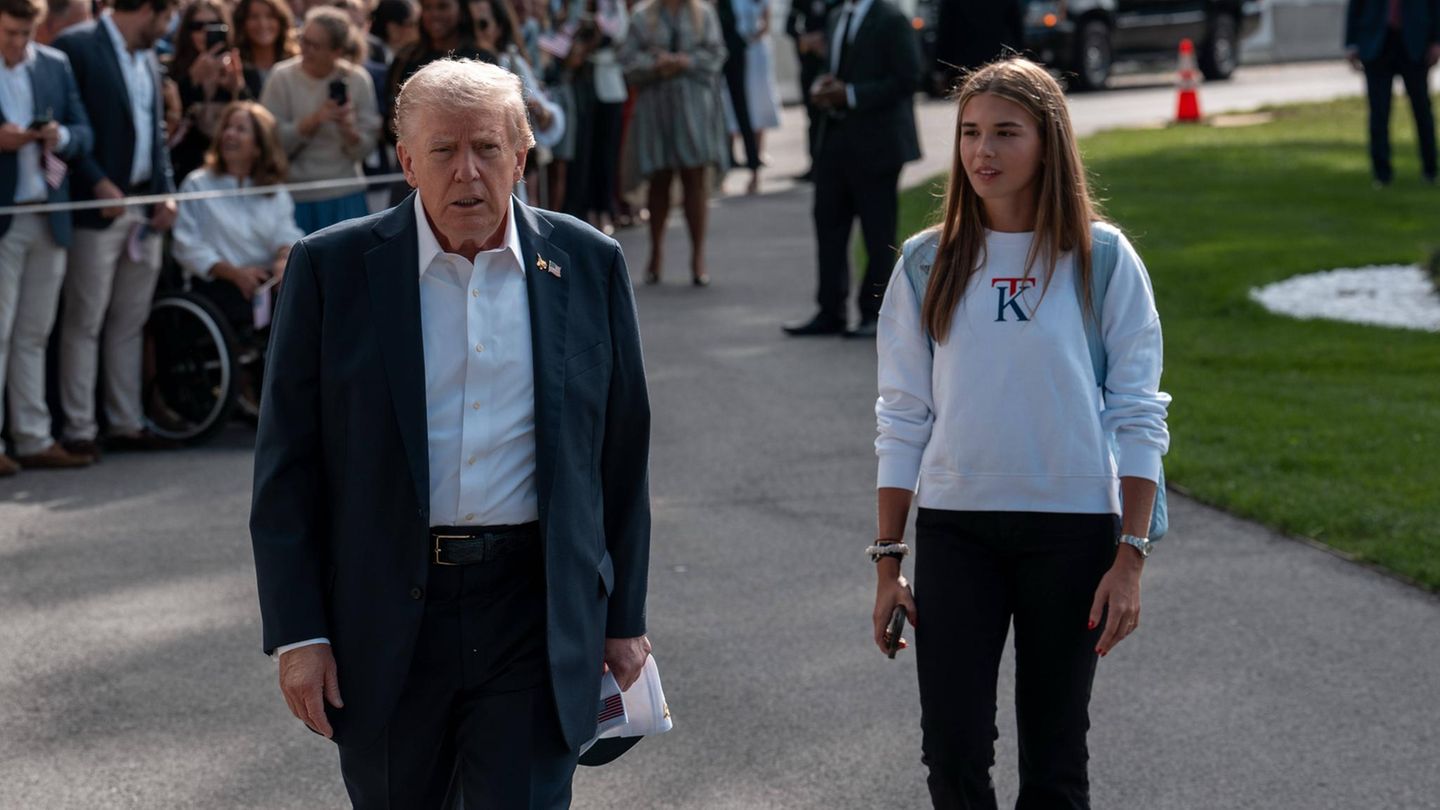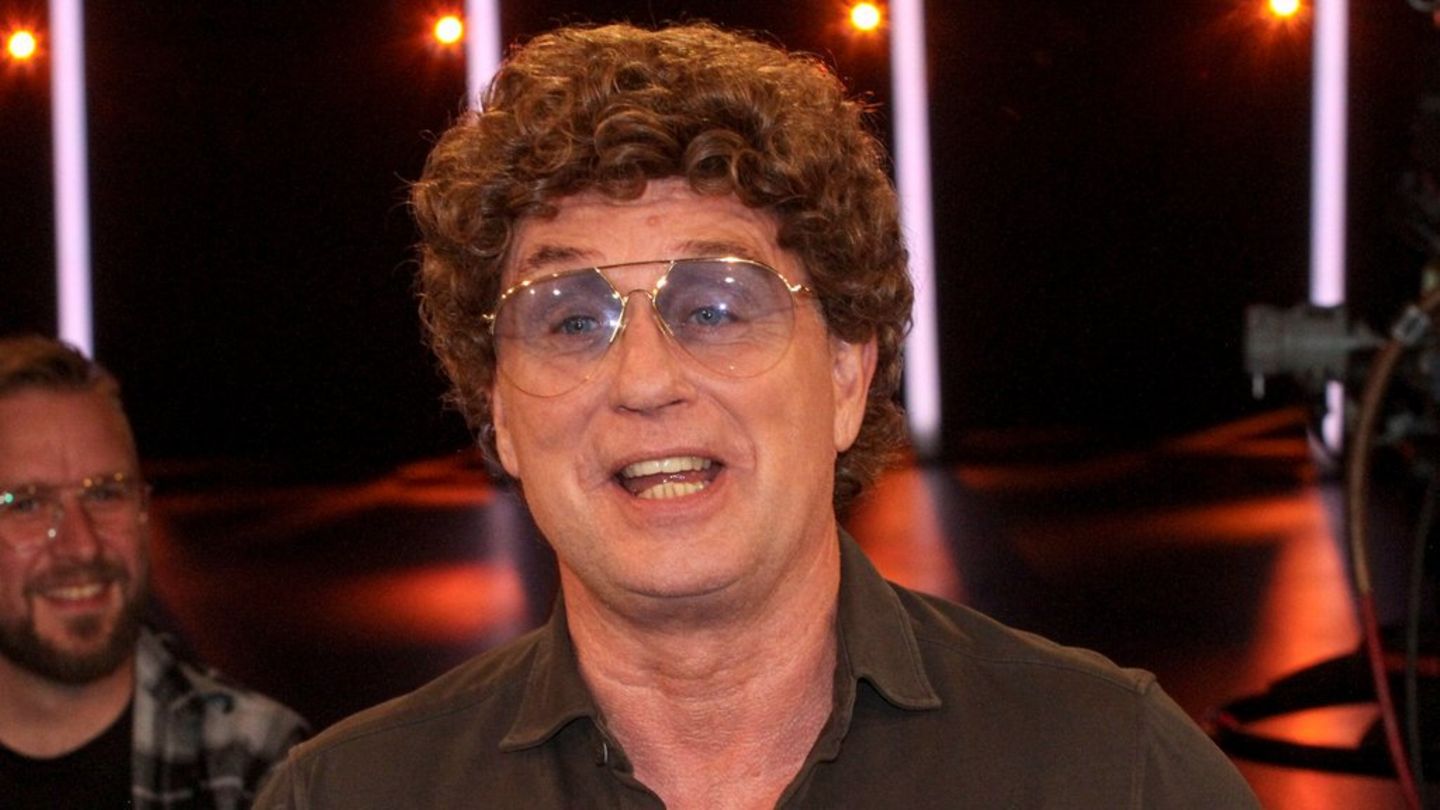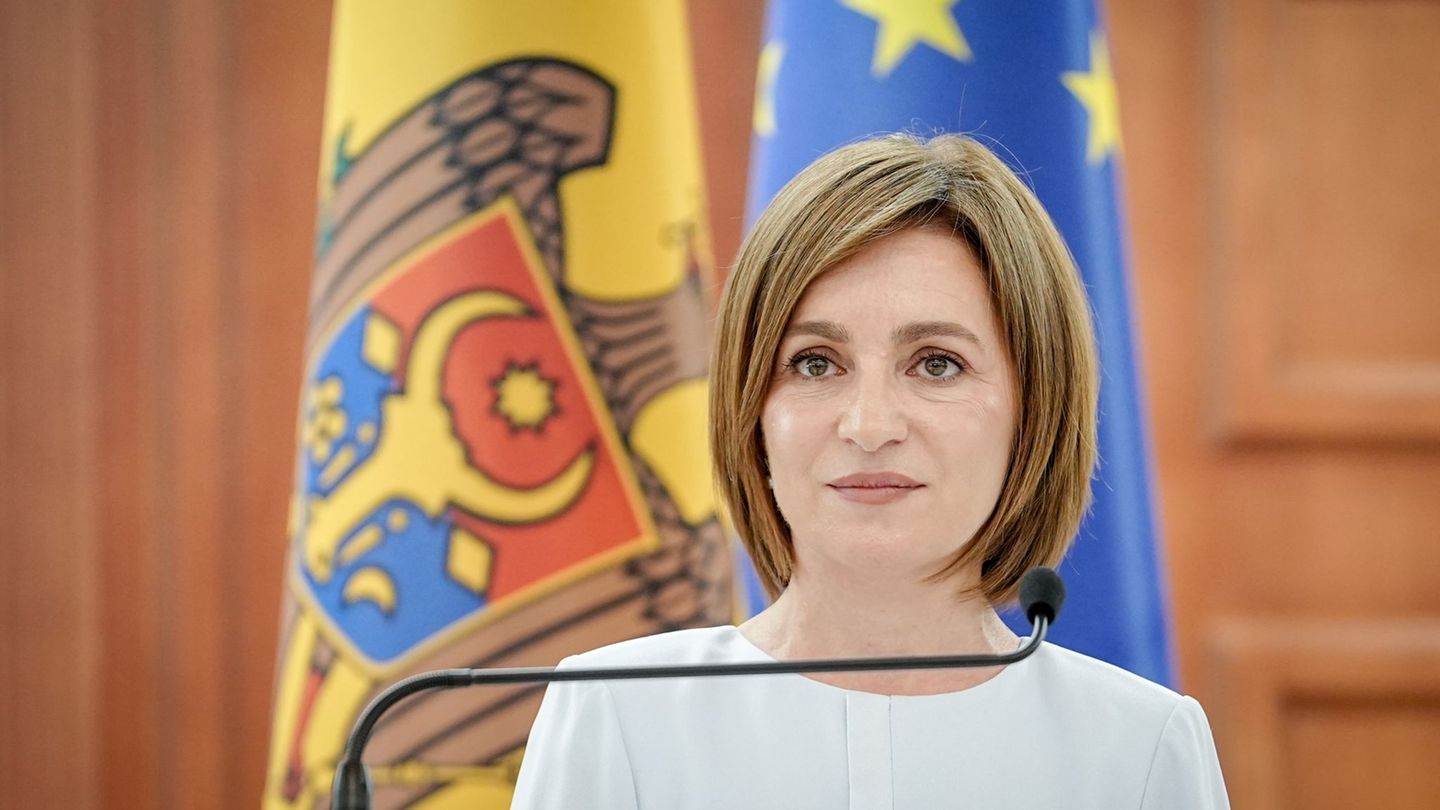A little censorship can’t hurt: Tesla is said to have asked the Chinese government to block posts that addressed Tesla’s alleged brake problems.
State censorship and dictatorship are bad. We all agree, but Elon Musk evidently thought that a little censorship could also be very useful. For example, when annoying posts endanger the company’s image. A comprehensive report from Bloomberg Business exposes the practices Tesla uses in China. This includes normal PR, journalists and influencers are ensnared, invited to discussions and factory tours. This is also common in western states.
Informants also told Bloomberg that Tesla had complained to the Beijing government about unjustified criticism of the company on social media. Tesla is said to have asked the government to use the known censorship measures to block Tesla-critical posts.
Tesla is at the center
As in other countries, reports of real and alleged breakdowns in the model company’s cars are popular in China. Accidents with the autopilot and exploding batteries cause a stir. In China there is a rumor about supposedly defective brakes. Bloomberg found a Tesla owner who sold his car at a loss because he was worried about safety over the rumors.
A scandal broke out at the Shanghai Auto Show in April. A woman protested at the Tesla booth. She claimed a brake failure in her Model 3 caused an accident that nearly killed her family. Security guards quickly dragged her away, but pictures of her were shared on social networks. And they haven’t been cleared by censorship. Market research firm JL Warren Capital believes the spectacle resulted in a 50 percent drop in demand over a period of several weeks.
Something like that is not good for the image, but asking the censorship department of a dictatorship for help remains a grave mistake in the eyes of many observers.
End of the special role
In China, Tesla is getting into difficult waters. Originally, Musk were given unique conditions. The company was able to set up a subsidiary in Shanghai without having to bring a Chinese partner on board. But Tesla is also a symbol for the US tech industry and so the tensions between Beijing and Washington are having an impact on the company. The attitude of the population is, at least in part, openly hostile. Industry patriots work hard to badmouth Tesla and to praise the virtues of their domestic competitors. In addition, there are concerns about data protection, the Chinese fear that the data from their vehicle could end up in the USA and into the hands of secret services. That is why Teslas have already been banned as official vehicles by some authorities.
In addition, there is the very idiosyncratic way with which Elon Musk also reacts to justified criticism of defects in his vehicles. In June, the Chinese government asked Tesla to recall almost every car the company had ever sold there in order to fix a software bug.
So there is enough material for controversy.
Arrogance is punished
And even if Beijing is a dictatorship, social media are highly explosive in China, especially when it comes to consumer rights. The Chinese users are easy to excite. A single controversy washed up on the net can damage a company image in the long term. For example, when someone realizes that a company treats its customers better in another country than in China, a shit hurricane is programmed.
Bloomberg: “Tesla’s high-tech halo and Musk’s star power are no longer enough to protect the company from the risks that other companies there face. The company appears to have misjudged the strength of its relationship with the country’s leadership.” Bill Russo, a former Chrysler executive who is now the chief executive of a Shanghai-based consultancy, fears the eccentric Musk made an unforgivable mistake. Arrogance and arrogance are always punished in the Chinese market.
Tesla plays an important role in China’s industrial policy. The vehicles should inspire the population for e-mobility, and their competition should spur Chinese competitors to build even better cars. Industry watchers believe that management has gone mad with these special relationships and that the government will continue to dampen Tesla’s inflated self-esteem. True to the motto: Tesla needs the Chinese market much more urgently than Beijing needs the company’s cars. As early as February, the top managers were summoned to China’s market surveillance authority to talk about alleged quality and safety problems. A clear warning shot in the Middle Kingdom.
Those:
Also read:
Tesla competitor Xpeng wants to outrun Elon Musk with lidar tracking
Austin Russell is the youngest billionaire in the world and Elon Musk hates his tech
Tesla has to admit that Elon Musk exaggerates when it comes to the technical capabilities of the cars
I am Pierce Boyd, a driven and ambitious professional working in the news industry. I have been writing for 24 Hours Worlds for over five years, specializing in sports section coverage. During my tenure at the publication, I have built an impressive portfolio of articles that has earned me a reputation as an experienced journalist and content creator.




